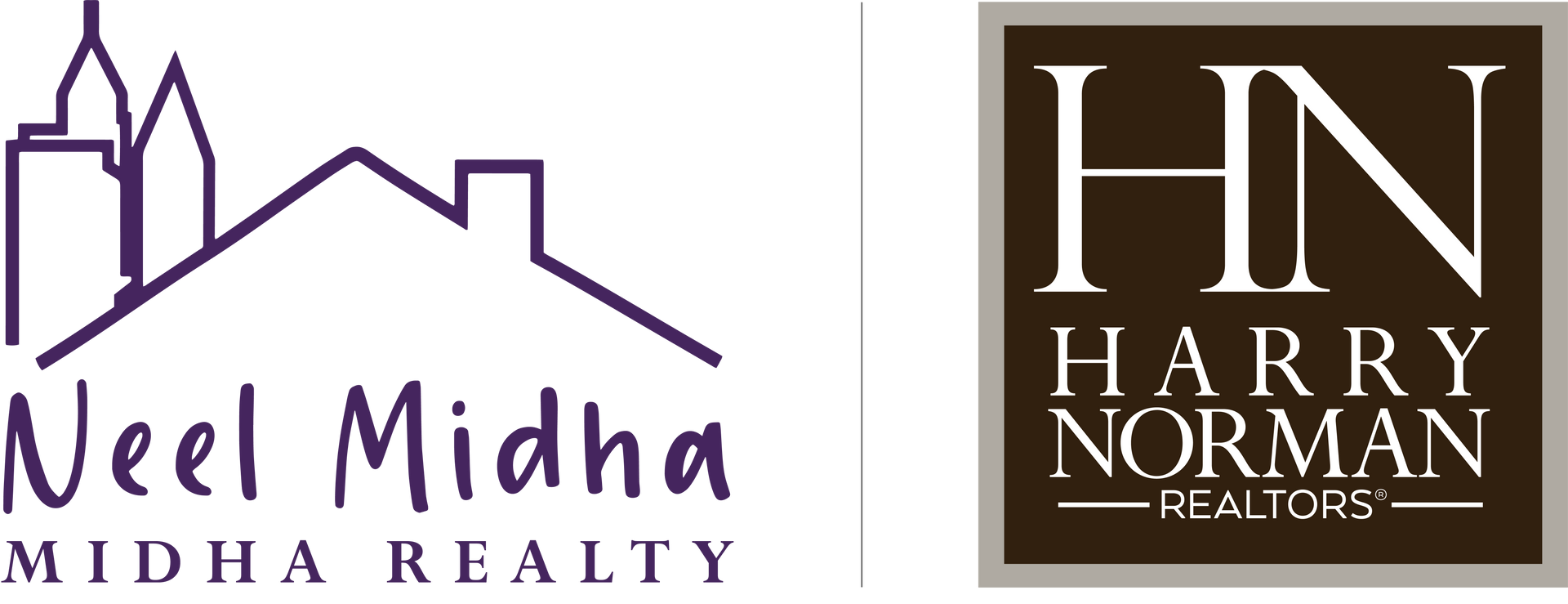INFORMATION ON
Castleberry hills
Home Park
Nestled between Georgia Tech and Atlantic Station, Home Park is a neighborhood where history, innovation, and lifestyle meet. Originally developed as a streetcar suburb, it’s now a go-to spot for young professionals, students, and creatives drawn to its location, charm, and growing energy.
A Bit of History
Home Park was established in the early 1900s as housing for workers tied to the nearby Atlantic Steel Mill. Over the decades, it’s transitioned from modest roots into a highly desirable urban enclave—balancing its classic craftsman bungalows with sleek new construction, rooftop townhomes, and infill development. Its proximity to Georgia Tech and Midtown means it’s constantly evolving while still holding onto a neighborhood feel.
What Attracts People to Home Park
- Eclectic Architecture – From historic bungalows with front porches to contemporary townhomes with skyline views, Home Park offers a little bit of everything.
- Walkability & Access – Walk to Georgia Tech, Atlantic Station, or the Westside Provisions District. Hop on the BeltLine or bike into Midtown—Home Park’s location is a commuter’s dream.
- Strong Rental Demand – Investors and first-time buyers alike are drawn to the steady flow of renters from nearby universities and tech offices.
- Laid-Back, Local Vibe – It feels like a small town tucked into the heart of the city—with neighborhood parks, backyard BBQs, and friendly sidewalks.
- Entrepreneurial Energy – With co-working spaces, startups, and tech firms nearby, Home Park feels innovative and future-focused.
Places to Eat
You don’t have to go far to find flavor. Home Park has easy access to some of West Midtown’s best bites:
- The Optimist – Upscale seafood in a stylish setting with a breezy patio.
- Antico Pizza – Beloved Neapolitan pizza that’s almost always packed (for good reason).
- Twisted Kitchen – Fast-casual pasta bowls perfect for Georgia Tech students and locals alike.
- Victory Sandwich Bar – A quirky joint for sliders, cocktails, and laid-back vibes.
- JCT Kitchen (nearby) – Elevated Southern comfort food with a rooftop bar.
Things to Do
- Walk to Atlantic Station – Enjoy shopping, movies, events, and weekend festivals just blocks away.
- Catch a Game at Georgia Tech – Cheer on the Yellow Jackets or take part in campus culture.
- Explore the BeltLine – Access to the BeltLine trail offers biking, running, and art along the route.
- Westside Provisions District – High-end boutiques, restaurants, and local makers just around the corner.
- Home Park Park – A small but well-loved green space that anchors the community.
Why People Love Home Park
Home Park strikes a balance that’s hard to find—it’s close to everything but still feels like a neighborhood. Whether you're sitting on a bungalow porch with skyline views or grabbing drinks at a trendy spot just a block away, life here feels connected, comfortable, and distinctly Atlanta. It's where urban convenience meets residential charm.
Buying a Home in Home Park: What to Know
Property Types & Neighborhood Styles
- Historic bungalow and craftsman homes built in the 1920s–40s line tree‑shaded streets; many have been thoughtfully renovated inside.
- Townhomes and modern infill developments provide newer construction with open floor plans, garages, and rooftop terraces.
- Condo buildings and small apartment complexes offer maintenance-free living close to shops, dining, and cultural venues.
- The community exudes a dense, walkable urban character—residents enjoy sidewalks, pocket parks, and frequent neighborhood interactions.
Location & Municipal Overview
- Situated just west of Midtown, Home Park sits within the City of Atlanta and benefits from full municipal services and easy access to both Midtown and Westside areas.
- Proximity to both the BeltLine and Georgia Tech campus puts public transit, trails, and cultural amenities a short walk away.
What to Know During Inspections
- Older homes may require system upgrades—inspect plumbing, wiring, insulation, windows, and HVAC thoroughly.
- Newer infill properties should be examined for drainage, foundation quality, and finish standards.
- Townhomes and condos need HOA or condo-doc scrutiny, including reserve funds and building maintenance history.
Pricing, Demand & HOA Notes
- Renovated bungalows typically range from the high $600Ks to mid‑$700Ks, while modern infill and townhomes frequently list between $700K and $1M+.
- Smaller condos and starter homes can start in the $300Ks–$400Ks.
- Inventory is relatively scarce and homes often sell within 2–4 weeks, with renovated and walkable properties drawing the most attention.
Transportation & Commute
- Home Park supports car-light living with walkable access to Midtown, the BeltLine, and nearby bus and MARTA options.
- Major streets like Northside Drive and 10th Street connect easily to Buckhead and Atlantic Station by car.
- Biking and pedestrian infrastructure is strong, linking the community to trails and parks.
Recreation, Culture & Community Life
- Local parks and green spaces—like Tanyard Creek Park—offer trails, playgrounds, and attractive community gathering spots.
- Nearby eateries, coffee shops, breweries, art galleries, and local festivals foster a strong neighborhood culture.
- The BeltLine corridor and adjacent cultural venues enhance social, fitness, and lifestyle opportunities close by.
Zoning & Growth Awareness
- Zoned mainly for residential, with increasing infill redevelopments and townhome projects along major corridors.
- Architectural review and permitting are essential for renovations and new constructions.
- Buyers should evaluate development plans around the BeltLine and Georgia Tech’s evolving campus footprint.
Final Tips
- Home Park is ideal for buyers who want walkable convenience, historic character, and access to Midtown amenities.
- Be prepared: well-updated homes move quickly—pre‑approval is a must.
- Inspections should focus on system integrity, drainage, and shared-property governance if applicable.
- Expect an engaged urban community with strong long-term value thanks to transit access, cultural vibrancy, and neighborhood momentum.
